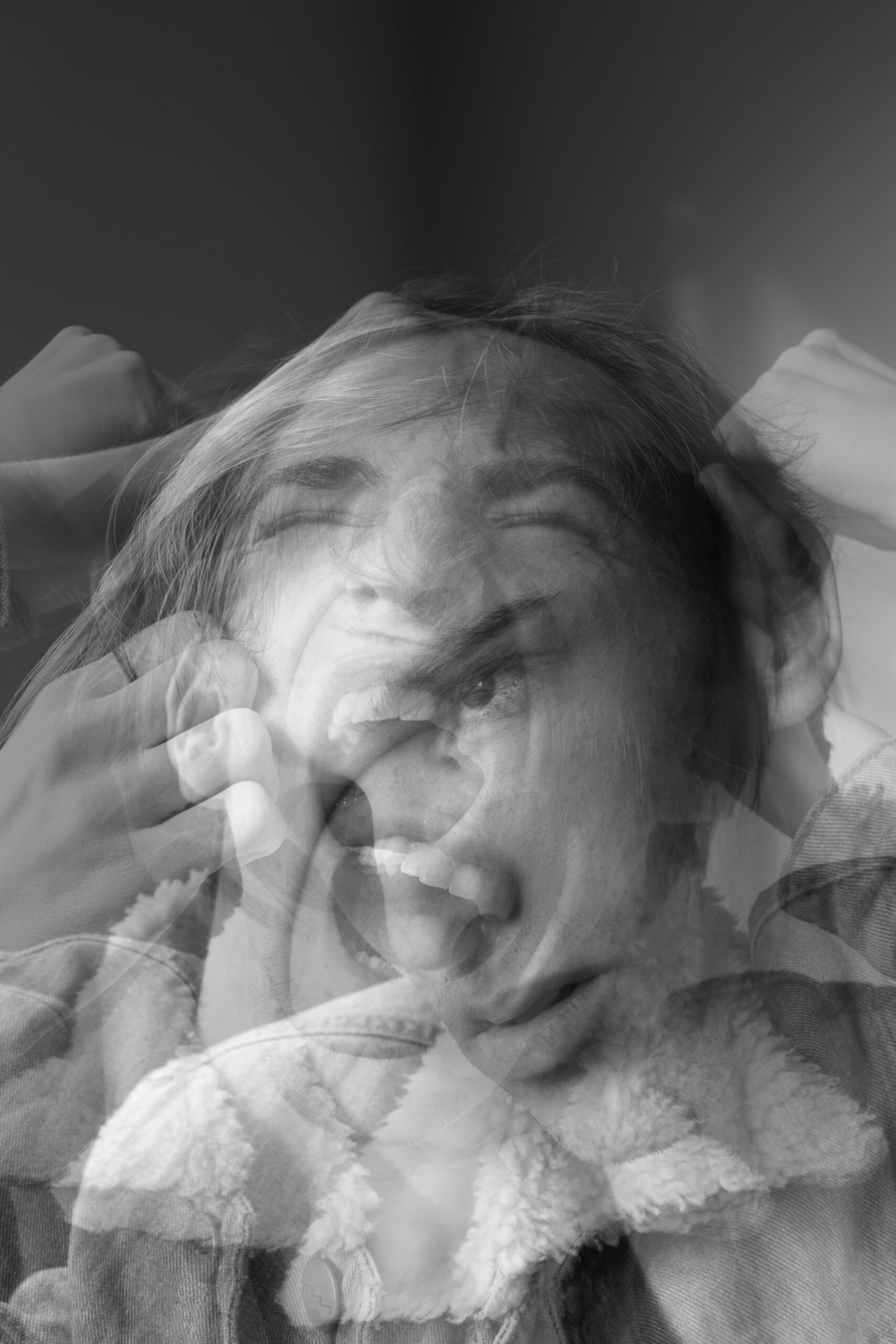5 Signs of Emotional Instability

Disclaimer: If you can relate to any of these signs, please do not take this feedback as an attack on your character. This article was meant to be a self-improvement guide for those of you who have been feeling a little stuck.
Emotional instability is characterized by fluctuating mood, explains consultant psychiatrist Dr. Sylvia Tang: one moment, you are feeling happy and energetic; the next, you may suddenly suffer an unexpected decline in mood.
Have you ever seen a toddler throwing a gale-force temper tantrum after his stacks of building blocks fell down? Or when a teenager slams her bedroom door after an argument with her parents? It is common for toddlers and teenagers to experience such extreme feelings.
In 2016, Guyer and colleagues published an article in the Neuroscience Biobehavioural Reviews scientific journal, which noted that teens have an elevated degree of emotionality, with more regular, strong, and explosive emotions. This is linked to the surge of hormones: testosterone in boys and estradiol in girls.
Clinical researcher, Dr. Rashmi Patel and colleagues stated that apart from mental health conditions such as depression, anxiety disorder, borderline personality disorder, and post-traumatic stress disorder, emotional instability can also be caused by medication, recreational drugs, low blood sugar, and pregnancy.
With that said, below are 5 signs of emotional instability:
Emotional rollercoaster

Emotional instability may cause you to experience a whirlwind of emotions. It’s challenging to get off that emotional roller coaster when you’re delighted one minute and sorrowful the next. Your emotions appear uncontrolled, and intense, and swing back and forth for no apparent reason, known as an “extreme mood swing” in psychology. According to an article written by Silver published in 2019, you are generally perceived as emotionally healthy as long as your mood changes do not significantly impact your life. However, if you have significant and regular mood swings, this might indicate emotional instability.
Acting impulsively

Have you been forced to move out of your house unexpectedly? Or end your long-term relationship in the spur of the moment without any apparent reason? In a Bustle magazine interview in 2018, psychologist and bereavement trauma specialist Sherry Cormier, Ph.D., explained that emotional instability often results in impulsive, unpredictable, and erratic behaviour. Eventually, most young adults improve their coping problem-solving skills and abilities to grow out of impulsive and emotionally unstable behaviour. For others, however, emotional instability and impulsivity continue and worsen throughout adulthood because of traumatic events, illness, abuse, or loss.
Unexpected reactions

You reach home after a long commute, and you can’t seem to find your keys. Suddenly, you feel that your panic-o-meter is off the charts. This disproportionately huge reaction to an apparently trivial circumstance is one of the signs of emotional instability. Psychologist Dr. Ashley B Hampton, told Bustle magazine in 2018 that an emotionally unstable person has unpredictable reactions to events. It could be as simple as someone laughing when encountering a distressing situation.
Difficulty calming down

Consider a time you experienced overwhelming emotion. For example, you and your brother were supposed to ride the bus to school together, but he woke up late, and now you are running late for school. You feel a sudden burst of anger and start screaming at your brother. Psychotherapist Sheri Van Dijk in her article “How to calm your inner storm”, explained that emotions give us valuable information, affect our judgments, and drive our behaviour. When emotions occur, we attempt to control them through a process called emotion regulation. People who are emotionally unstable struggle to reach emotional equilibrium: regulating their emotions is difficult.
Trouble maintaining relationships

It may be an indication of emotional instability if someone close to you always burns bridges with family members or close friends. In a research article entitled “Public health significance of neuroticism”, psychologist Benjamin Lahey reveals that individuals with emotional instability often experience impairment in their romantic relationships. When these people become irritable, they will choose to express their irritability towards those most accessible to them: their partner or spouse. Moreover, psychologist Dr Hampton, in a Bustle magazine article says that emotionally unstable people may encounter problems with people from many spheres of life, including friendships and relationships with coworkers.
Final thoughts
There’s no doubt that we experience a wide range of emotions in life. Admittedly, there are ups and downs. Still, there’s a distinction between reacting to every event in an extreme manner and experiencing a broad range of feelings. Having a wide range of emotions doesn’t make someone emotionally unstable, but there are some tell-tale signs when someone lacks control of their feelings and may require professional assistance. Can you relate to any of these signs? Let us know in the comments!
REFERENCES
Guyer, A. E., Silk, J. S., & Nelson, E. E. (2016). The neurobiology of the emotional adolescent: From the inside out. Neuroscience & Biobehavioral Reviews, 70, 74-85. https://doi.org/10.1016/j.neubiorev.2016.07.037
Lahey, B. B. (2009). Public health significance of neuroticism. American Psychologist, 64(4), 241.
Patel, R., Lloyd, T., Jackson, R., Ball, M., Shetty, H., Broadbent, M., Geddes, J. R., Stewart, R., McGuire, P., & Taylor, M. (2015). Mood instability is a common feature of mental health disorders and is associated with poor clinical outcomes. BMJ Open, 5(5), e007504–e007504. https://doi.org/10.1136/bmjopen-2014-007504
Silver, N. (n.d.). Rapid mood swings: Causes and when to see your doctor. Healthline. https://www.healthline.com/health/rapid-mood-swings#seeing-your-doctor
Taylor, M. (2015). Mood instability is a common feature of mental health disorders and is associated with poor clinical outcomes. BMJ Open, 5(5), e007504-e007504. https://doi.org/10.1136/bmjopen-2014-007504
Tang, S. (2021, July 27). https://www.topdoctors.co.uk/doctor/sylvia-tang. Top Doctors. https://www.topdoctors.co.uk/medical-articles/emotional-instability-what-are-the-main-signs-in-adults
Van Dijk, Sheri. (n.d.). “How to Calm Your Inner Storm | Psyche Guides.” Psyche, psyche.co/guides/how-to-calm-your-emotions-with-dialectical-behaviour-therapy.
Wolff, C. (2018, April 25). 7 Signs Someone Might Be Emotionally Unstable. Bustle. https://www.bustle.com/p/7-signs-someone-might-be-emotionally-unstable-8890589



Responses